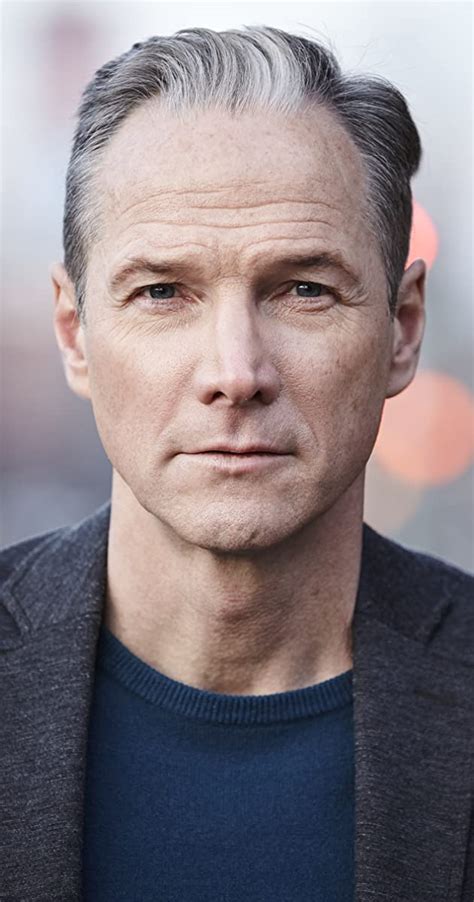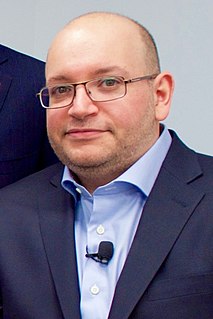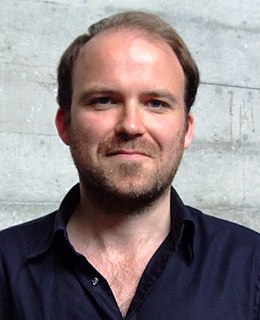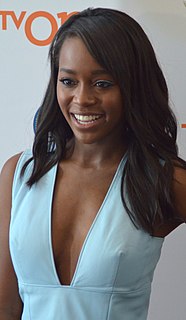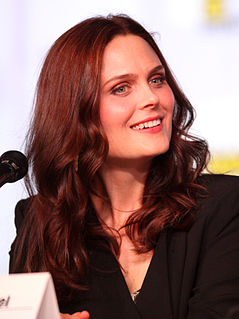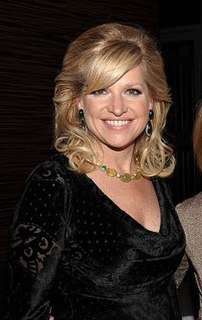A Quote by Sean Mahon
It's very much an exploration of the human condition and how different people react and respond to their lives. And what they present to the world, in terms of who they are as characters and what is going on behind the mask, in terms of what demons their holding... and how that interacts.
Related Quotes
I had a lot of fantasies about being an architect when I was young, and I think I still do. On a visceral level, I'm very intellectually and emotionally attracted to acknowledging how space functions in our lives, both in terms of pleasure and in terms of control, and in terms of all those factors that form a life. I'm also very anxious and maybe repulsed by how superficial that whole dialogue can become.
In terms of how Iranians see the U.S. government, that's a difficult question. But in terms of how Iranians see Americans, there is a very good mutual belief that they have so much in common with American people and they feel totally related to them. In terms of government, definitely there are some hardcore hardliners who hate the U.S. government, but at the same time, there are some more moderate.
Economics should be defined in terms of what it is about. It should be about how people produce things, how people exchange them, how people earn income, how they pay taxes, how the government provides infrastructure with tax revenue, and how it conducts monetary policy. The subject has to be defined in terms of the object of inquiry.
And with the Occupy Movement, it's really ironic how the police come as representatives and enforcers of the powers that be, even though the people in the Occupy Movement are really on their side - not in terms of their behavior, but in terms of their economic status, in terms of who the police are in society and how much they're paid, and if you boil it down to the economics of it, the police should be out there marching with the Occupy Movement.
So, it's a delicate thing, but at the same time our producers and writers are very much aware of the potential downfall that could ensue so I think they're going to be very careful about how they do that. At the same time I don't think they want to leave the characters in the same holding pattern that they've been in for a while. I think that they're all trying to put the characters in a different situation.
There's a whole range of areas that we'll be looking at, so I'm not at this very early stage going to specify any particular areas. As you will know, there will be a limit to how far we can go in terms of a formal free trade agreement until we've actually left the European Union. I think there is much that we [with Donald Trump] can do in the interim in terms of looking at how we can remove some of the barriers to trade in a number of areas.
I consider myself a logical person and, you know, a lot of people try to categorize me in one way or another. You know, there are some of the things that I say that probably would be considered very much non-conservative. But I don't think really conservative or liberal; I think: What makes sense? What's going to help the American people? What's going to give them what they need? Not only in health care but in terms of jobs, in terms of education, in terms of a whole host of issues.
